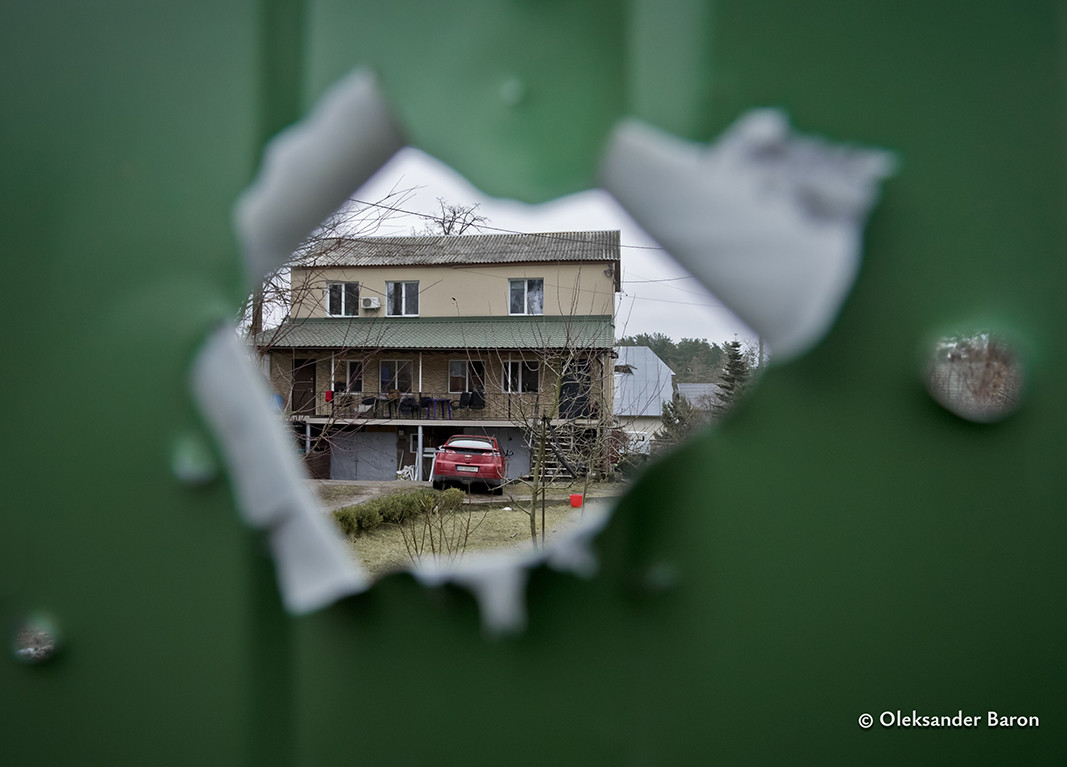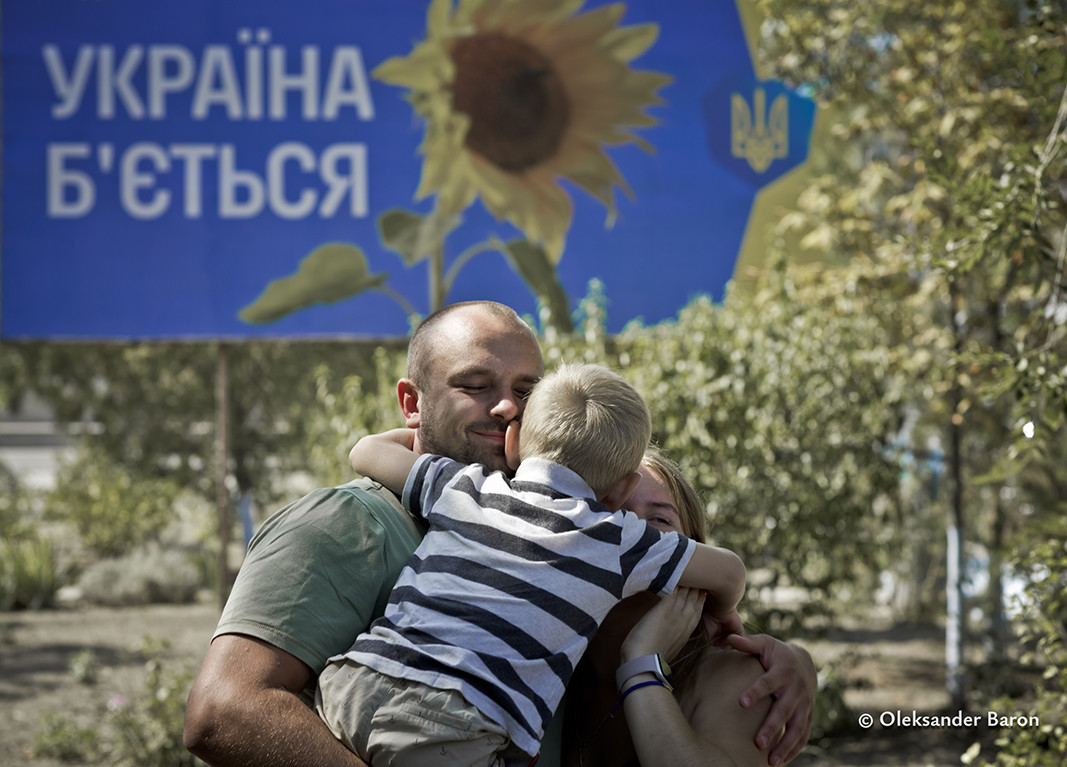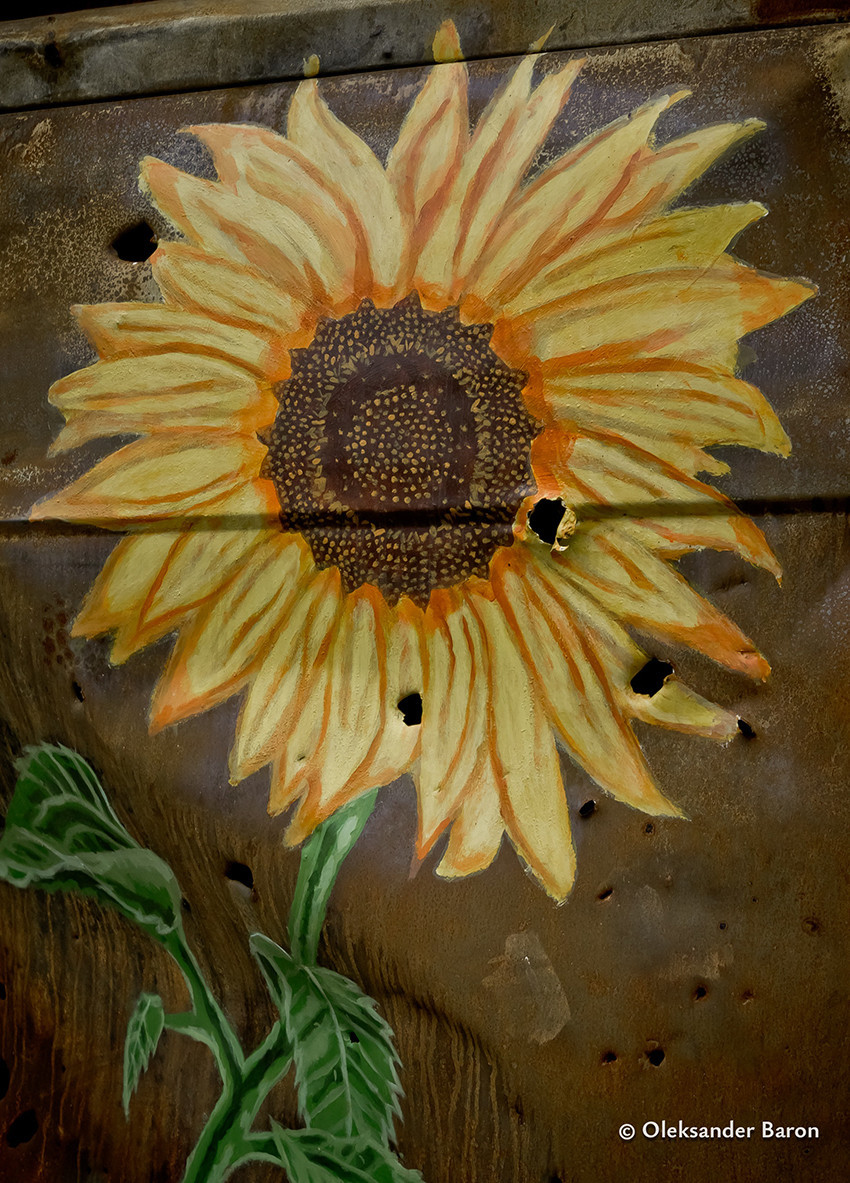 13
13
Though he is a pedagogue by education, having graduated physics and mathematics, the Bessarabian Bulgarian Oleksander Baron does not have a single day as a teacher. Photography has been his calling, especially after his daughter told him she wanted to know more about her ancestry:
“She was interested in her Bulgarian roots, and as a father I decided to take her to the Bulgarian Sunday school in Odessa,” Oleksander says in an interview with Radio Bulgaria. “She started attending the school every Saturday, and there she joined the dance group and, together with the other kids, started taking part in the school festivities. She started performing on the town stages, and I was really proud that my child was wearing traditional Bulgarian clothing and was dancing Bulgarian horos. When I started taking pictures and uploading them to Facebook, I saw the reactions and the comments, so I started sharing more and more.”
His photographs focus on the people at different festivals and parties. To begin with, there were few young people but as time went by, as his photographs grew more popular, so did the interest in the festivals, and the attitude to the national costumes changed as well. Oleksander says that the young used to be ashamed of the traditional clothes worn by their grandmothers. But the moments when older people pass the traditions onto the younger generation are imbued with so much emotion.
The beginning of Russia’s war against Ukraine on 24 February, 2022 turned Oleksander Baron’s priorities around.
“When rockets started flying in the sky and falling to the ground there were no more festivals, no more parties, the desire, the energy for things like that had gone,” he says.
“I put the camera down for a few months until Tetiana Staneva came up with the idea of making a film about three women from Bolhrad whose husbands were fighting at the front. During the filming I took my first war-time photographs. Then, when many Bulgarians started sending help to Ukraine, I was able to travel to Irpin and Bucha, where I took pictures of the beautiful civilian buildings, houses, apartment blocks, now riddled with bullet holes and in ruins. It was a terrible feeling even though the Russians had withdrawn from the region six months before that,” Oleksander says, and goes on that the Russian aggression is capable of destroying everything but that the Ukrainian nation has proved its fighting spirit, its tenacity and unbreakable will to live. 
In the spring some of his photographs were presented at the European Parliament in Brussels, at the invitation of Bulgarian MPs. “I only had 14 photographs then and I was looking for ways to go to Mykolaiv or to Kherson to photograph the destruction there but just then the attacks on Odessa began, so I added photographs from there,” the photographer says.
For two years Oleksander has been processing and translating news from the front, which he and the team of Ukrainians living in Bulgaria have been publishing on the platform Bessarabian Front.
“With the articles I select we show people in Bulgaria, who do not know or who do not want to understand us, that Ukraine is our homeland. Many people have been writing that it is a foreign country, that Bessarabian Bulgarians should come back here. And every time I tell them: “That is not true. To us, Bulgaria is our ancestral country, and Ukraine is our home. That is where our villages are, that is where our forefathers are buried, where should we go and why?”
The Bessarabian Bulgarian Oleksander Baron from Odessa says Russia is not going to intimidate the people of Ukraine: 
“We don’t want rockets falling in the villages but they are because a crazy person has given the order, and another crazy person is obeying. And the rockets are dropped on farms, warehouses or garages of farming equipment. What they cannot comprehend is that they cannot frighten us, they can only cause hate of their nation, of all things Russian for many, many years to come,” the Ukrainian photographer of Bulgarian origin says, and goes back to the first months of the war when people were drawing flowers around the bullet holes on the fences.
“When you see someone fighting for their freedom, that gives you strength and self-assurance – seeing people’s reactions, and my own emotional state I realized that beauty can be extracted even from utter horror,” Oleksander Baron says. 
Translated and posted by Milena Daynova
Photos: Oleksander Baron
We sometimes measure their stay on this earth in days, but with an ethereal flight they transform a moment into a beautiful memory. The Regional Natural History Museum of Plovdiv dedicates its Butterfly Festival to these fleeting..
From September 19, for a month, the sky over the popular Belogradchik Rocks in northwestern Bulgaria will be filled with colorful balloons and magic. The fifth edition of the “Balloon Fiesta” promises five weekends, three types of flights, as well as..
The Bulgarian school “Dora Gabe” in Warsaw and its branch in Krakow will open the new school year on September 20 , BTA reports. The branch in Krakow is certified by a decree of the Council of Ministers for Bulgarian Sunday schools abroad and..
On the holiday of the Bulgarian capital city on September 17, when the Orthodox Church commemorates the holy martyrs Faith, Hope, Love..
On September 17, the Bulgarian Orthodox Church honors the memory of the Holy Martyr Sophia and her three daughters Vyara, Nadezhda and Lyubov (Faith,..
The Bulgarian school “Dora Gabe” in Warsaw and its branch in Krakow will open the new school year on September 20 , BTA reports. The branch in..

+359 2 9336 661
